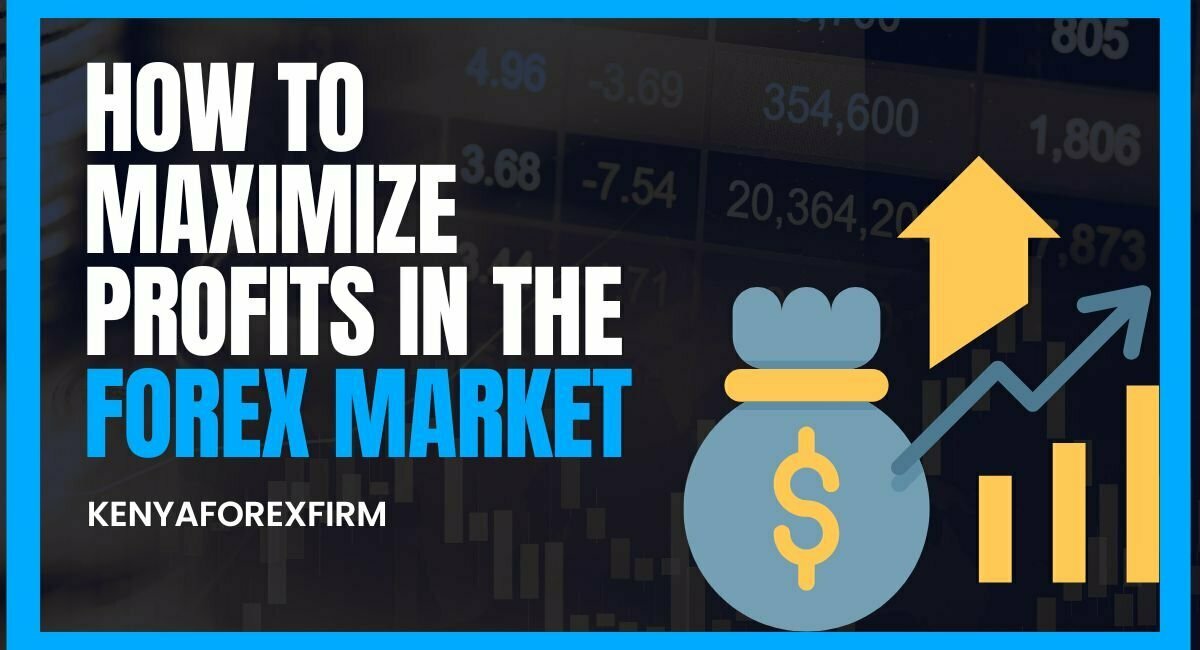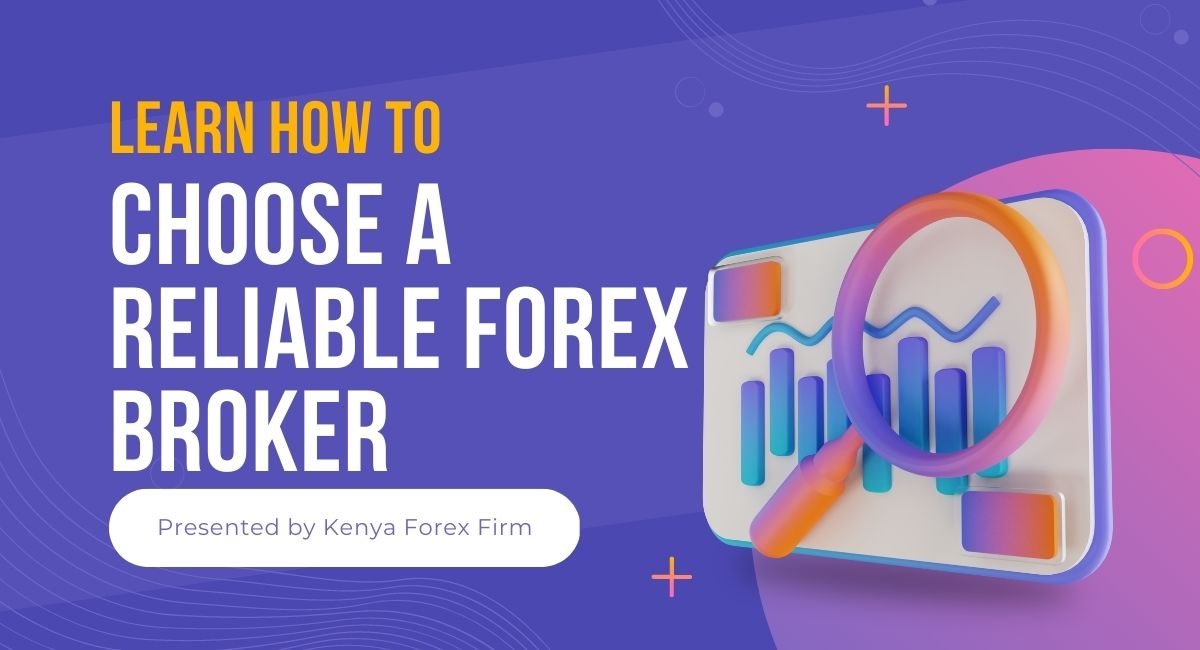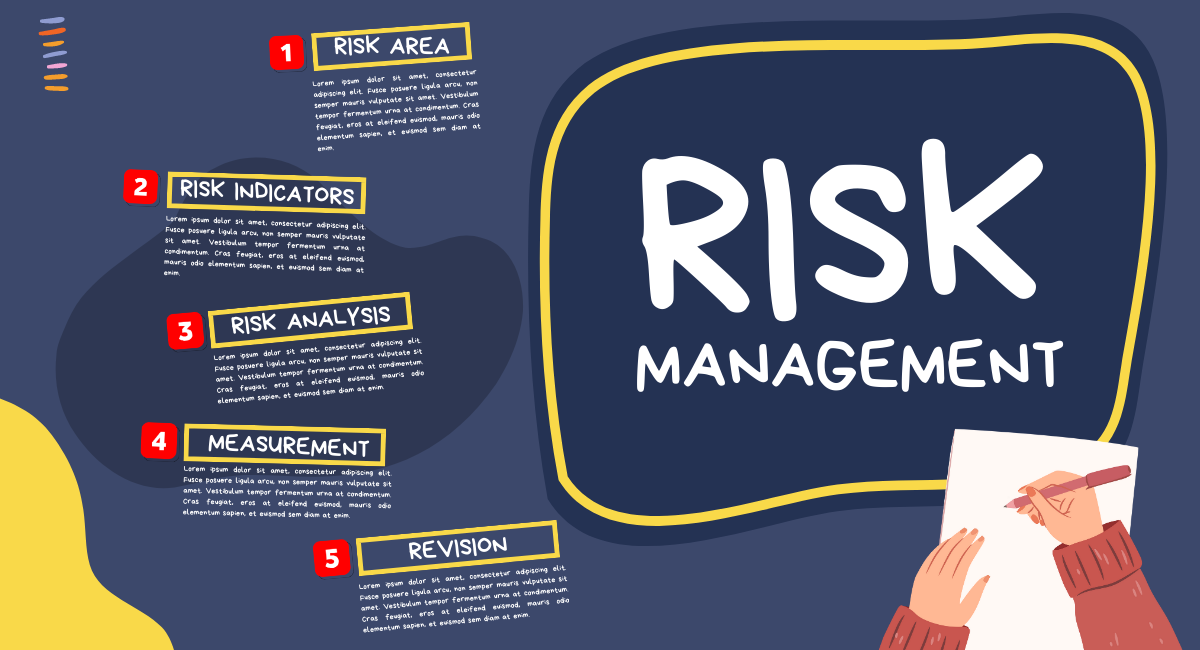When it comes to the world of finance, one avenue that has gained significant popularity in Kenya is Online Forex trading. With its immense potential for financial gains and the flexibility to trade from the comfort of your own home, forex trading is becoming increasingly popular in Kenya. But does it truly pay off, and how much do forex traders make a day in Kenya?
In this article, we will delve into the world of forex trading in Kenya and explore how much traders can really make. From success stories that have transformed ordinary individuals into thriving traders, to strategies that have generated substantial profits, we will leave no stone unturned in our quest to uncover the truth about forex trading’s earning potential in Kenya. So sit back, relax, and prepare to be inspired by real-life examples of successful forex traders who have turned their passion for trading into lucrative careers.
How Much Do Forex Traders Make a Day in Kenya?
The amount of money forex traders make in a day in Kenya can vary greatly depending on factors like experience, trading strategies, and risk management. This guide takes a closer look at the daily earnings of forex traders in Kenya and offers examples to illustrate the potential range of income.
Retail forex traders, who trade independently and usually with smaller amounts of capital, tend to experience a wider range of daily earnings. The potential for profit (or loss) depends on factors like initial trading capital, leverage, and strategy. Examples of daily earnings for retail traders in Kenya might include:
-
Small-scale Trader: A trader with limited capital (KSh 50,000 to KSh 100,000) and using low leverage might earn KSh 500 to KSh 1,000 per day, depending on market conditions.
-
Mid-level Trader: A trader with more capital (KSh 200,000 to KSh 500,000) and moderate leverage may earn between KSh 2,000 to KSh 5,000 per day.
-
High-level Trader: A trader with significant capital (KSh 1,000,000 or more) and aggressive trading strategies might earn KSh 10,000 or more per day.
According to Glassdoor, the average base salary for a forex trader in Kenya is KSh 1,600,000 per year. This equates to approximately KSh 4,384 per day, assuming a 20-day working month. It is important to note that this is just an average figure and individual earnings can vary greatly.
| Editor choice |
|
Start Trading Forex With HF Markets, a CMA Licensed Forex Broker
✔ Competitive Spreads and Leverage
✔ Excellent Customer Support
✔ Comprehensive Educational Resources
|
9.9
No minimum deposit
|
Can You Make a Living Trading Forex in Kenya?
The answer is yes. You can make a living trading forex. However, it’s important to keep in mind that it’s not easy and requires dedication, discipline, and continuous learning.
Forex trading, like any type of investment, carries a level of risk. It’s possible to make significant profits, but it’s also possible to suffer significant losses. Therefore, it’s important to enter this field with a clear understanding of the risks involved and a plan to manage them effectively.
One key aspect of successful forex trading is education. You’ll want to thoroughly understand the basics of foreign exchange markets, including currency pairs, pips, leverage, and how economic factors can influence exchange rates. There are many resources available online and in print to help you with this, from articles and books to online courses and webinars.
As a beginner, focus on learning and honing your skills before considering forex trading as your primary source of income. Remember, patience and discipline are key to success in this field.
Start trading on a demo account first. This will give you a chance to practice your trading skills and strategies without risking real money. Only after you’ve become consistently profitable on a demo account should you consider moving on to live trading.
Even then, start small. It’s a common saying in trading that you should only risk money that you can afford to lose. This is particularly true when you’re starting out. As you gain more experience and confidence, you can gradually increase the size of your trades.
Finally, patience and emotional control are vital. Forex trading is not a way to get rich quick. It requires time, patience, and the ability to keep your emotions in check. Successful traders are those who can remain calm and stick to their strategies even when things don’t go as planned.
Keep in mind, while it’s possible to make a living trading forex in Kenya, it’s not an easy task and it’s not suitable for everyone. It requires a significant amount of time, effort, and risk management. And even then, the forex market is unpredictable and there’s always the risk that you could lose your investment.
How Long Does it Take to Be Profitable in Forex?
It typically takes most people between 1 to 3 years to become consistently profitable in forex trading. This time frame accounts for the stages of learning the basics, practicing with a demo account, developing a trading strategy, and finally, trading with real money while managing risk effectively.
However, this timeline can greatly vary from person to person, depending on several factors such as your starting knowledge, time commitment, risk tolerance, learning curve, strategy, and discipline.
-
Forex trading can provide opportunities for profit, but daily earnings can vary significantly depending on factors like experience, trading strategies, and risk management.
-
Both professional and retail traders can make substantial daily earnings, with top-performing traders earning KSh 10,000 or more per day.
-
However, it is crucial to remember that forex trading carries inherent risks, and there is no guarantee of consistent profits. As such, it is essential to approach forex trading with a well-rounded strategy, realistic expectations, and a willingness to learn and adapt.
Factors Affecting Forex Traders’ Earnings
-
Individual skill level: Every Forex trader in Kenya starts at a different level of experience, education, and knowledge. As a trader, your ability to develop and implement effective trading strategies will significantly impact your earnings. Don’t worry if you’re just starting - everyone begins somewhere!
-
Capital investment: The amount of capital you invest plays a crucial role in determining your earnings as a Forex trader. Higher initial capital and effective use of leverage and margin can lead to greater profit potential. However, it’s essential to strike a balance and not risk more than you can afford to lose.
-
Market conditions: The Forex market is influenced by various global economic events and news. As a trader, staying updated on these factors is vital to navigating the ever-changing market conditions and adjusting your trading strategies accordingly.
-
Risk management: Protecting your capital and managing risk is a cornerstone of successful Forex trading. By using stop-loss orders, position sizing, and diversifying your trades, you can mitigate risks and preserve your hard-earned profits.
How to Maximize Your Earnings from the Forex Market

Assuming that you’re a moderate forex trader with an initial capital of Ksh 100,000, let’s explore some ways that you can go about maximizing your earnings from the forex market.
1. Understand the Basics of Forex Trading
You’ve decided to embark on this wild and potentially profitable journey, and we couldn’t be happier for you. But before you dive headfirst into the world of currency exchange, let’s take a step back and talk about the foundation of this exciting venture.
Understanding the basics of forex trading is like finding the secret key to a treasure chest full of profits. Don’t believe us? Keep reading, and we’ll show you just how crazy important it is to nail those basics to maximize your earnings from forex trading.
Think of forex trading as a massive LEGO set. You’ve got all these colorful blocks (currency pairs) to choose from, and your goal is to build a stunning masterpiece (profits). But if you don’t understand how the blocks fit together, you’ll end up with a wonky, unstable structure that’s bound to collapse.
The basics of forex trading are the blueprints for your LEGO masterpiece - they teach you how to select the right currency pairs, understand market trends, and interpret economic data. By mastering these fundamental concepts, you’ll be well on your way to constructing a profitable trading career.
Let’s take a crazy-factual journey through the essential building blocks of forex trading and how they’ll help you maximize your profits!
Currency Pairs: The Dynamic Duos of Forex
In forex trading, you’ll be dealing with currency pairs, which are essentially the superheroes of the trading world. You can’t trade a single currency – it always comes in pairs. By understanding the major, minor, and exotic currency pairs, you’ll be better equipped to choose the right dynamic duos for your trading adventures.
Pips: The Mighty Micro-Measurements
You know what they say: “Take care of the pips, and the profits will take care of themselves!” Pips are the tiniest price movements in the forex market, and they’re your key to unlocking massive earnings. Mastering the concept of pips will help you measure your wins and losses with laser-like precision, making it easier to track your progress and adjust your strategies.
Lots: The Secret Ingredient to Your Trading Potion
In forex trading, you’ll be buying and selling currencies in “lots.” Think of lots as the secret ingredient that brings your trading potion to life! By understanding the different lot sizes (standard, mini, and micro), you’ll be able to manage your risk and scale your trades to match your account size, ensuring that you’re brewing up a winning formula for success.
Market Hours: Timing Is Everything
Forex is a 24-hour party, and you’re invited! Unlike other markets that operate during specific hours, the forex market is open 24/5, offering endless opportunities to make money. Understanding the various trading sessions (Sydney, Tokyo, London, and New York) will help you identify the best times to trade and catch those big market moves that can rocket your earnings to the moon!
Order Types: The Magic Spells of Forex
When it comes to trading forex, you’ve got a whole arsenal of magical spells at your disposal – in the form of order types! Mastering the use of market orders, limit orders, stop-loss orders, and more will give you the power to control your trades and protect your precious capital. Knowing when and how to cast these spells can make all the difference between a massive win and a heartbreaking loss.
Analysis Techniques: Your Crystal Ball to Forex Riches
What if I told you that you could predict the future and make a fortune in forex trading? No, I’m not talking about psychic powers – I’m talking about market analysis techniques! By learning technical, fundamental, and sentiment analysis, you’ll have a crystal ball that helps you spot trends, identify opportunities, and make informed decisions that will fill your treasure chest with profits.
II. Develop a Trading Strategy
So, you’ve got the basics of forex trading down, and you’re ready to dive into the wild world of currency trading with KSh 100,000 in your pocket. You might be asking, “How do I maximize my daily earnings?” Well, buckle up, because we’ve got an insane (but totally factual) guide to help you develop your trading strategy and make the most of your hard-earned cash.
Think of your trading strategy as a GPS guiding you through the forex jungle. Without it, you’ll end up lost and confused, making emotional decisions that could cost you big time. You need a plan, and here’s how to create one that will boost your daily earnings:
Know Thyself: Identify Your Trading Style
-
Are you a speed demon? Consider scalping, the art of capturing small profits from quick market moves.
-
Maybe you prefer the fast lane, but not too fast? Day trading could be your thing, where you open and close trades within a single day.
-
If you enjoy taking your time and savoring the ride, swing trading might be up your alley, holding trades for several days or weeks.
-
For the laid-back traveler, there’s position trading, where you hold trades for weeks or even months.
Create Your Master Plan
-
Set Your Goals: Be realistic about your profit targets and the time you’re willing to invest in trading.
-
Entry and Exit Strategies: Define the conditions that signal when to enter and exit trades, such as specific chart patterns or indicators.
-
Risk Management: Decide how much you’re willing to risk per trade (typically 1-2% of your capital) and use stop-loss orders to protect your account.
Test Drive Your Trading Machine
Before hitting the forex highway, take your trading strategy for a spin in a demo account. This way, you can see how it performs without risking a single shilling. Tweak and fine-tune your strategy until you’re confident it will help you maximize your daily earnings.
The Power of Consistency
Once you’ve crafted your perfect trading strategy, stick to it like glue! Consistency is key to maximizing your daily earnings. Don’t let fear or greed throw you off course. Remember, you’re the captain of your Forex ship, and your trading strategy is your trusted compass.
Keep Learning and Evolving
The forex market is an ever-changing beast, and you need to stay on your toes to ride the waves of profitability. Keep learning and adapting your strategy to stay ahead of the curve. Join forex communities, attend webinars, and read up on the latest trends to maintain your edge.
Choosing a Reliable Forex Broker

You’ve developed a solid trading strategy and are all set to dive into the world of forex trading, right? But wait, before you start making “good” money with your KSh 100,000 capital, there’s one other crucial step you need to take – choosing a reliable forex broker.
Choosing a reliable forex broker is important for several reasons:
-
Protects Your Hard-Earned Money: You’ve saved up KSh 100,000 to start trading, and you don’t want to lose it to a shady broker. A regulated and reliable forex broker will ensure your funds are safe and secure.
-
Provides Access to Competitive Spreads: A good broker offers competitive spreads that directly affect your potential profits. The lower the spread, the more you can potentially make!
-
Offers a User-Friendly Trading Platform: To maximize your daily earnings, you need a trading platform that’s easy to use and packed with helpful features. A reliable broker will provide exactly that.
-
Gives You Top-Notch Customer Support: When you face issues or have questions, a dependable broker will be there with excellent customer support, helping you make the most out of every trading opportunity.
With countless forex brokers available, how do you know which one is right for you?
Check for Regulation: Make sure the broker is regulated by a reputable financial authority. This ensures your funds are protected and the broker adheres to strict guidelines.
Compare Spreads and Fees: Look for a broker offering competitive spreads and low fees. This will help you keep more of the “good” money you make from trading.
Test the Trading Platform: Try the broker’s trading platform on a demo account. Ensure it’s user-friendly, has the necessary tools, and offers a seamless trading experience.
Assess Customer Support: Test the broker’s customer support by asking questions or raising concerns. You want a broker that’s responsive, helpful, and available when you need them.
Consider Account Types: Choose a broker offering various account types, including micro or mini accounts, to accommodate your KSh 100,000 capital and risk appetite.
Read Reviews: Check out reviews from other traders to get a sense of the broker’s reputation, strengths, and weaknesses.
Frequently Asked Questions
How do Forex Traders Make Money?
Forex traders make money by buying and selling currencies on the foreign exchange market. They profit by buying a currency when it is low in value and selling it when it increases in value.
The foreign exchange market is always fluctuating, so forex traders use various technical and fundamental analysis tools to predict which way the market will move. This allows them to make informed decisions about when to buy and sell currencies.
Forex traders can make money in several ways, including through the spread (the difference between the buy and sell price of a currency), commissions, and rollover fees. They can also leverage their trades to increase their buying power, which means they can potentially make larger profits (but also larger losses).
Who Makes Money in Forex?
Anyone can potentially make money in forex trading, including individuals, financial institutions, and even governments. Forex trading is a global market where currencies are bought and sold 24/7, so it’s accessible to anyone with an internet connection.
In forex trading, money is made by buying and selling currencies, with the goal of earning a profit from the fluctuations in exchange rates. Traders can be categorized into two main groups: retail traders and institutional traders.
Retail traders are individual traders who trade for their own accounts, typically using online platforms offered by forex brokers. They trade with smaller amounts of capital and take on smaller positions compared to institutional traders.
Institutional traders, on the other hand, are large financial institutions, such as banks, hedge funds, and corporations, that trade on behalf of their clients or themselves. They trade with larger amounts of capital and can take on larger positions.
How Much Do Professional Traders Make?
Professional traders who work for financial institutions, such as banks and hedge funds, may earn base salaries that range from around $80,000 to $250,000 or more, depending on their level of experience and seniority. In addition to base salaries, professional traders may also earn performance-based bonuses that can significantly increase their income.
Independent professional traders who trade for their own accounts can potentially earn much more, but they also face greater risks. According to some estimates, successful independent traders can earn an average of $250,000 to $500,000 or more per year, but this can vary widely depending on the individual’s skills, trading strategies, and the amount of capital they trade with.



